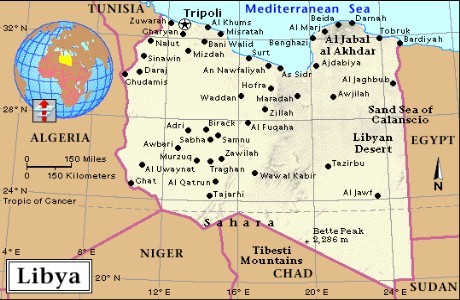Libya’s top oil body is pursuing international oil firms for unpaid bills worth around $6 billion, a source in the National Oil Corporation (NOC) told Reuters, as it seeks to resume work after wartime paralysis.
Negotiations to recoup the unpaid money will put to the test relations between the Opec member and its Gaddafi-era partners who are seeking to rebuild ties with the new administration.
The outcome of the negotiations will also give an indication of the previously all-powerful NOC’s authority in the new Libya as rival bodies vie for control of its economic lifeline.
“We are starting to make arrangements for them to repay this money. It is more than $6 billion. They may be able to give us oil products,” said a senior source in the NOC who declined to give his name.
Libyan officials have shown a willingness to honour previous production agreements but with oil now trickling onto international markets, it remains to be seen if old contracts will stand in the trading arena.
Billions of dollars in oil payments were blocked in March when the United Nations introduced sanctions on the NOC after Muammar Gaddafi launched a violent crackdown on protesters.
The NOC source said the list of debtors included US oil majors ConocoPhillips and ExxonMobil, British major BP, Austrian energy group OMV, trading firm Vitol and Italian oil firms Eni and Saras.
While some firms took early action and stopped dealing with the NOC as early as February or March, others made the most of the free oil by taking advantage of NOC payments terms which typically allow a 30-day window for money transfers, trading sources said.
The uncertainty of the political situation earlier this year when violent clashes were raging made it unclear if or when they would have to pay it back to Libya.
Reuters calculations showed that Libyan oil exports for March alone were worth a nominal $4.5 billion, based on the price of benchmark Brent crude, indicating that the NOC figure is likely to be a realistic estimate of lost revenues.



